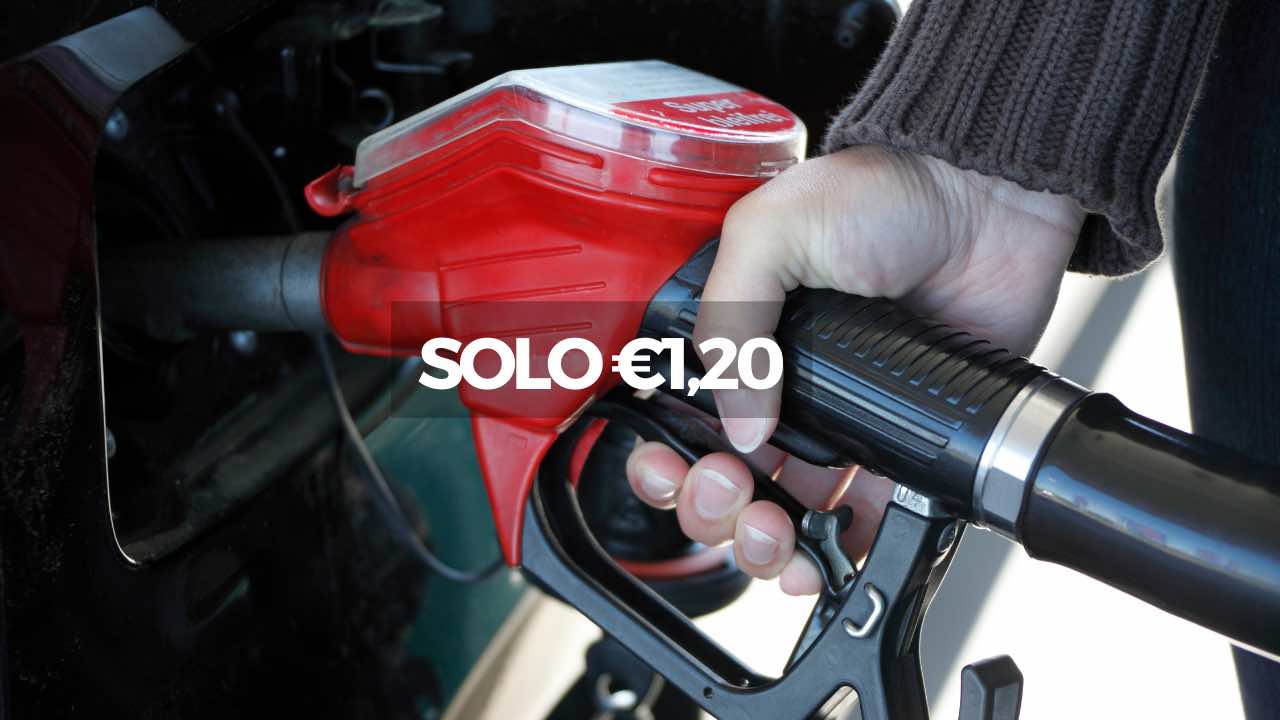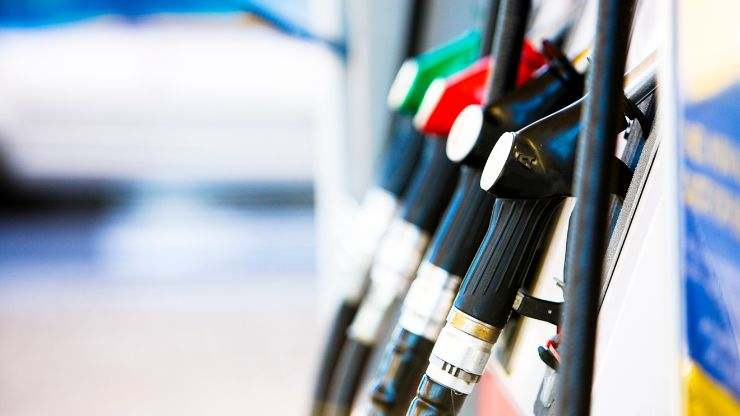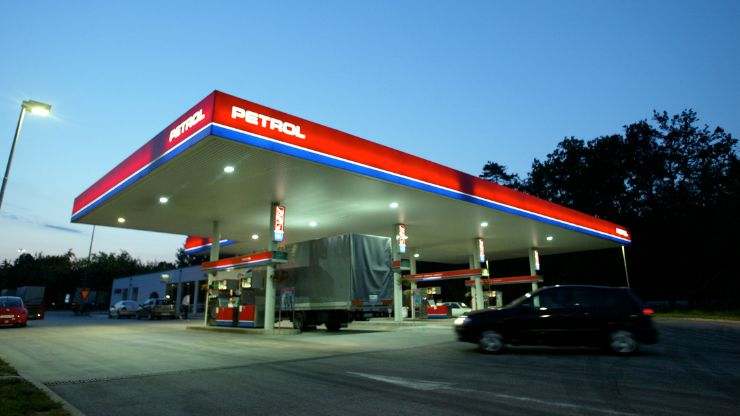There is a place where petrol is very cheap: it is easily accessible, but if you are adventurous enough to do so.

Exhausted from yet another increase in fuel? And who wouldn’t be: with the decision to reduce it discount on the cut of excise dutiesthe Meloni government has not given a huge gift to Italian motorists who, precisely with the month of December, have found themselves facing a new increase in the prices of diesel and petrol.
Meanwhile, our neighbors in Slovenia have done exactly the opposite: the price of fuel has been frozen at the levels active since the end of September which translate, brace yourself, to a request for 1.353 euros per liter for petrol and 1.603 euros for diesel. Simply absurd prices, especially for petrol, which we haven’t seen in Italy for who knows how long.
What does this mean for us? Well, precisely due to the proximity to the North East of our country and the ease with which one can enter and leave Slovenia, there are many Italian citizens who decide to take a little trip to have a full tank of fuel at competitive prices to say the least.
Is it really worth doing this? Obviously it would be appropriate to make a distinction and the answer is fairly obvious: if you live near the border it is clear that you have probably already stopped refueling in Italy for quite a while. If not, you should weigh the pros and cons, factoring in the costs of a short trip.
Filling up in Slovenia: do you really save money?
It is evident that such low prices attract everyone and end up pushing anyone to evaluate whether the game is worth the candle in the end. Are you ready to get in the car, cross the border into Slovenia and come back with your very little paid full tank?

If you live 100 kilometers from the border, let’s say that you might as well keep the prices we have in Italy. At shorter distances, however, it may be an attempt you could make, especially if you’re sure you’ll find petrol stations immediately after crossing the border: and usually there is something.
Naturally, don’t think about loading up with bins with which to stock up on petrol or diesel to keep in the garage for lean times, as it is an illegal practice.
In any case, once again we see two big differences on how to manage expensive fuel between our country and a foreigner. The Slovenian governmentled by Robert Golob, has decided to reach out to its citizens with a strong decision it has blocked the prices of petrol and diesel since last September.

And perhaps, aware that many Italians will take advantage of this opportunity, it was also a choice taken from a tourism perspective. You never know that some of our fellow citizens won’t fall in love with Slovenia, by dint of visiting it, and decide to move.




